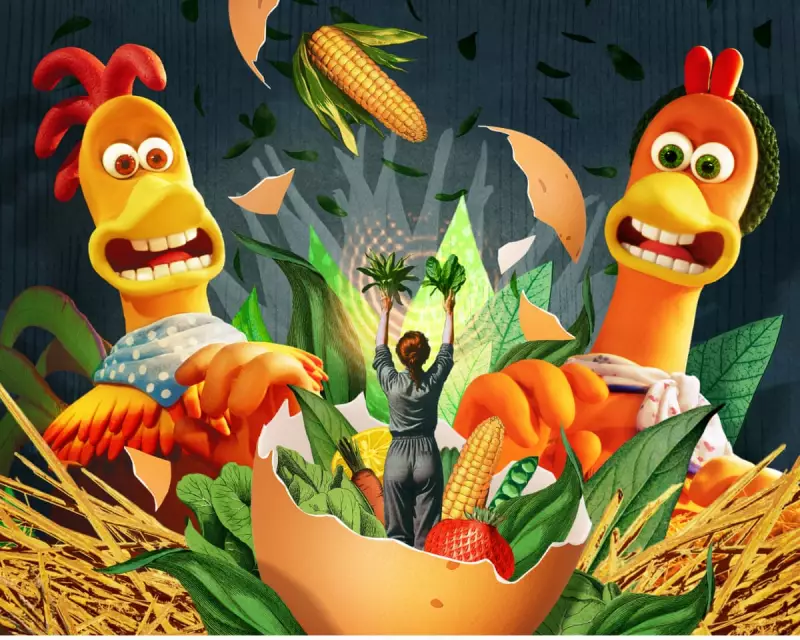
In a surprising cultural phenomenon, the beloved Aardman Animation film Chicken Run has inspired a generation of viewers to reconsider their relationship with food and adopt vegetarian lifestyles. The 2000 stop-motion classic, featuring plucky chickens plotting their escape from a pie factory, delivered more than just family entertainment—it sparked genuine ethical awakenings.
The Plot That Changed Perspectives
Chicken Run follows the story of Ginger, Rocky, and their feathered friends as they discover their farm is about to be converted into a chicken pie machine. The revelation that Mrs. Tweedy plans to eliminate them for profit creates a powerful narrative about animal welfare and the food industry. The film's climax, where chickens nearly meet their end in a terrifying pie-making contraption, left many viewers with lasting emotional impact.
What began as children's entertainment became an unexpected catalyst for dietary change. The anthropomorphised characters, each with distinct personalities and dreams of freedom, made audiences connect with poultry in ways they never had before. Suddenly, the chicken on their plate wasn't just meat—it was a potential Ginger or Rocky.
Beyond Entertainment: Lasting Impact
The film's success wasn't merely measured in box office returns or critical acclaim. Aardman Animations, creators of Wallace and Gromit, had unintentionally crafted a story that would influence real-world choices years after viewers left the cinema. The combination of humour, heart, and the stark reality of the chickens' predicament created a perfect storm for ethical reconsideration.
Many who saw the film as children report that it was their first exposure to the concept of where their food actually comes from. The cute, talking chickens made the connection between living animals and meat products uncomfortably clear. This early exposure to food ethics through accessible storytelling proved more effective than any documentary or lecture could have been for young minds.
The Ripple Effect of Animated Storytelling
The phenomenon demonstrates how entertainment media can shape societal values and personal choices in unexpected ways. Chicken Run's vegetarian conversion effect continues to be discussed in cultural circles and among food ethics advocates. The film serves as a case study in how storytelling can influence behaviour when it creates emotional connections with subjects we typically don't consider deeply.
This isn't just about one film changing a few diets—it's about how popular culture can gently challenge our assumptions and habits. The fact that a children's animation could inspire such significant lifestyle changes speaks volumes about the power of creative storytelling. It proves that messages about compassion and ethics don't always need to be delivered through serious documentaries or activist literature.
As conversations around sustainable eating and animal welfare continue to grow, Chicken Run remains a surprising but important part of the cultural conversation. Its legacy extends far beyond its runtime, continuing to influence how people think about their food choices and the lives of the animals they consume.





